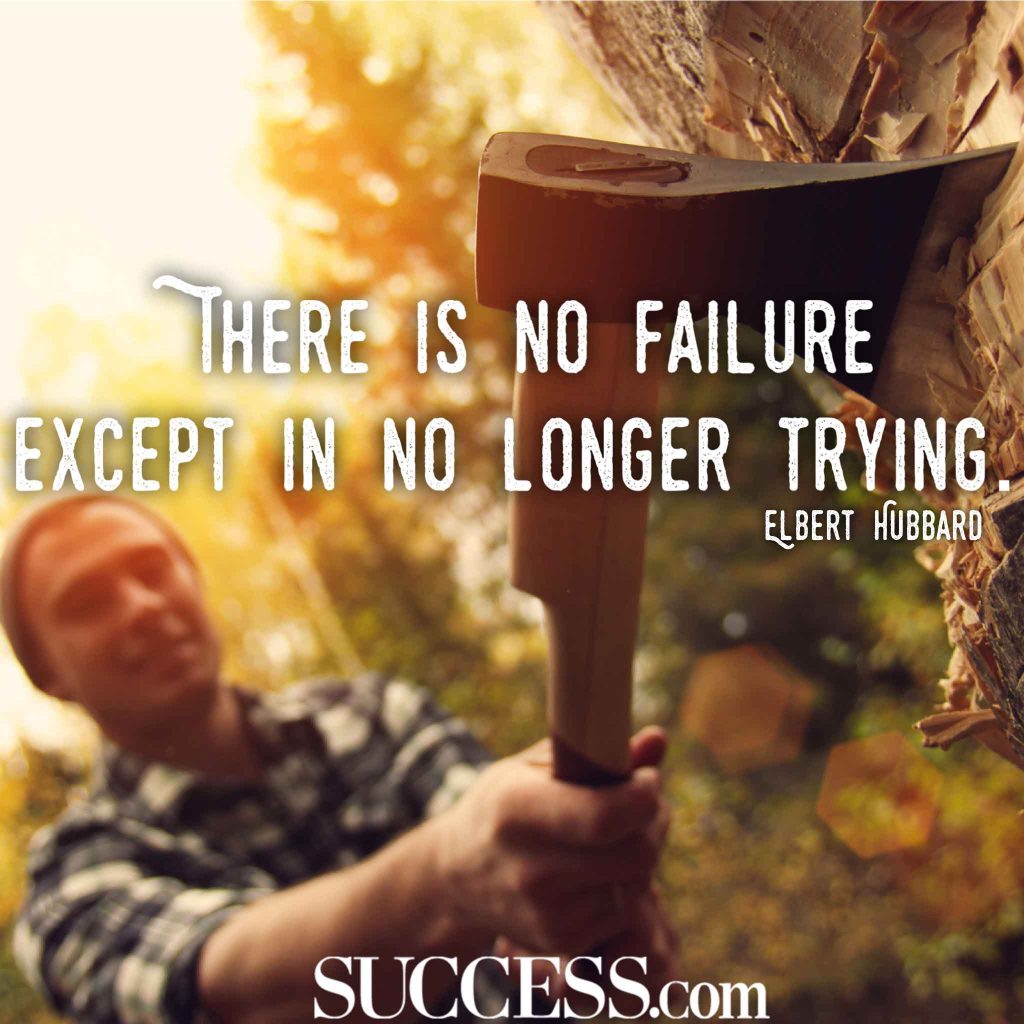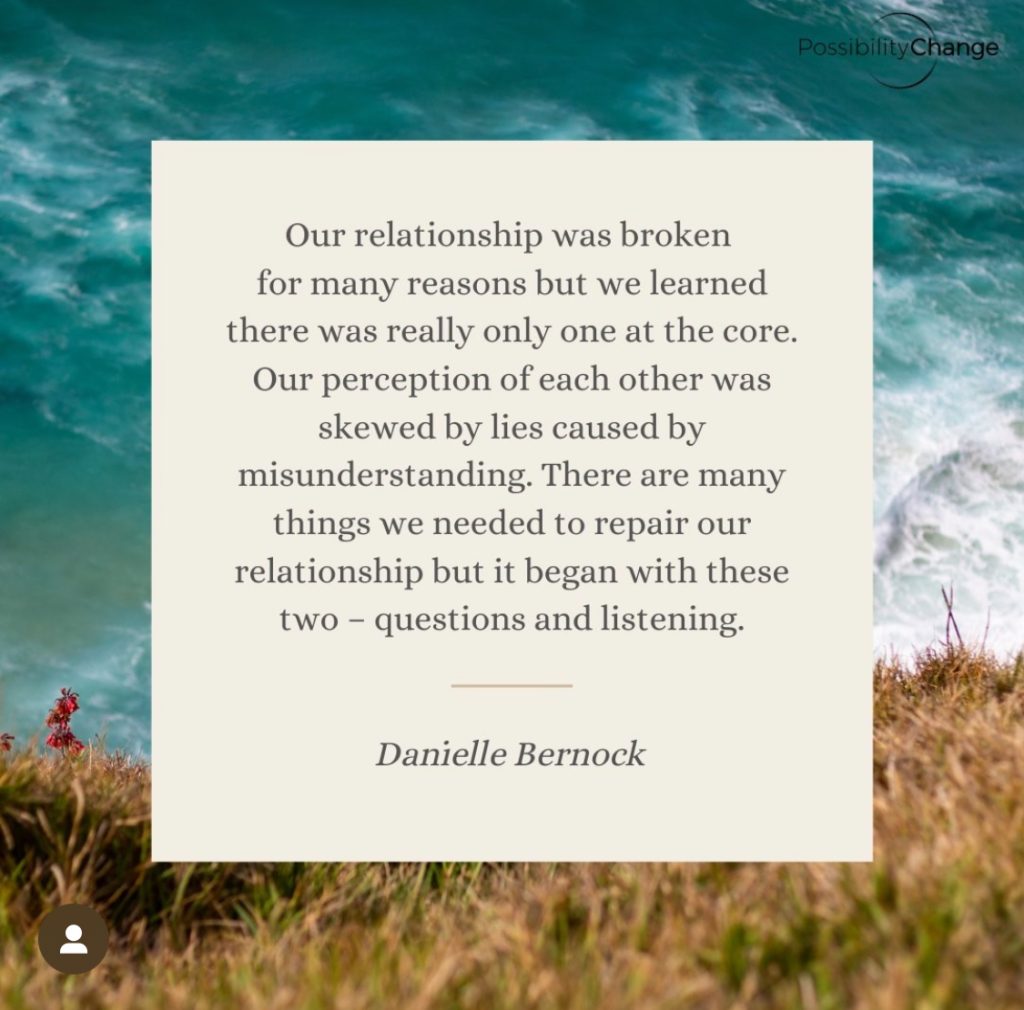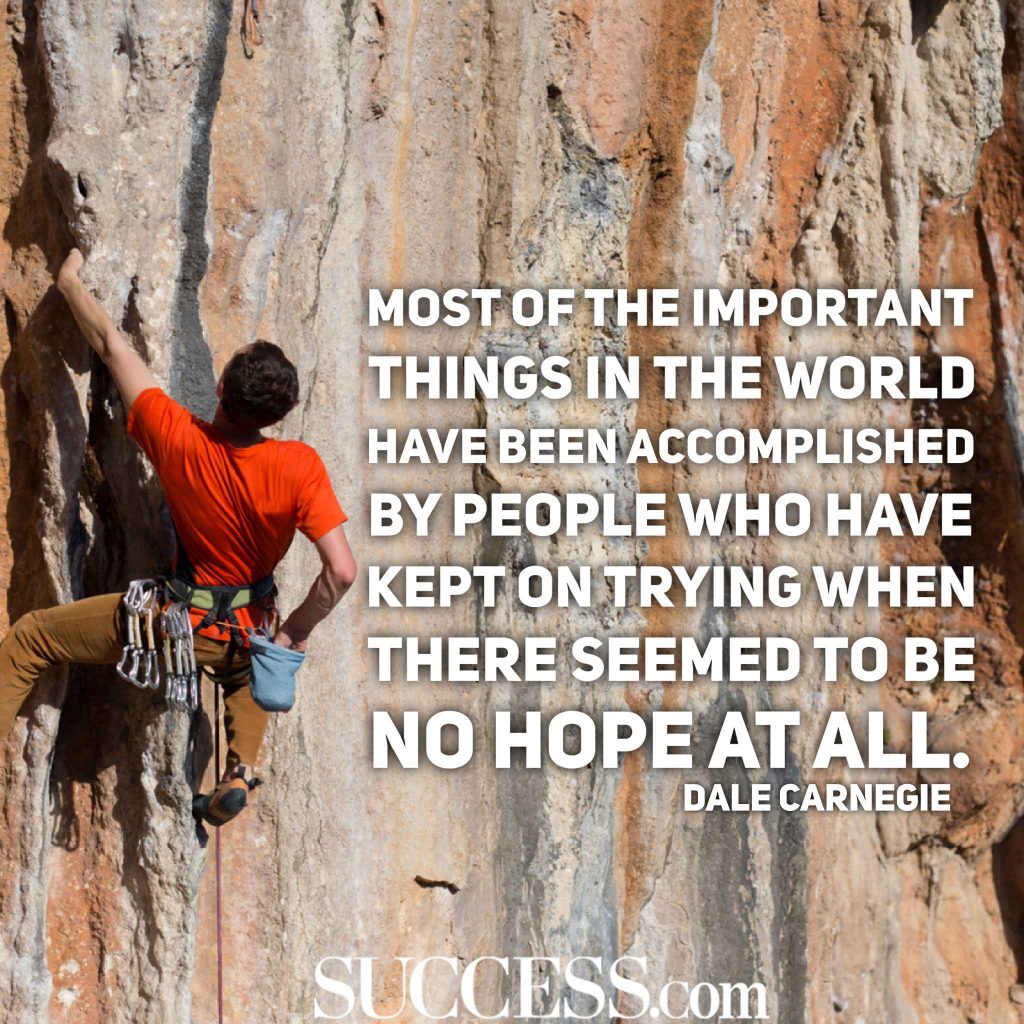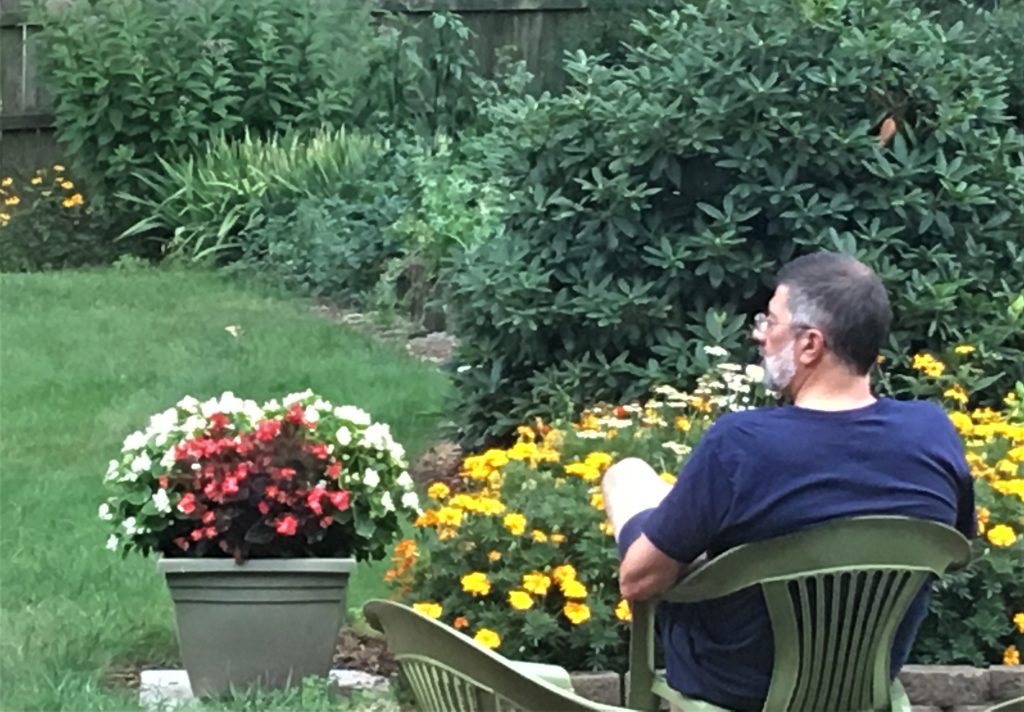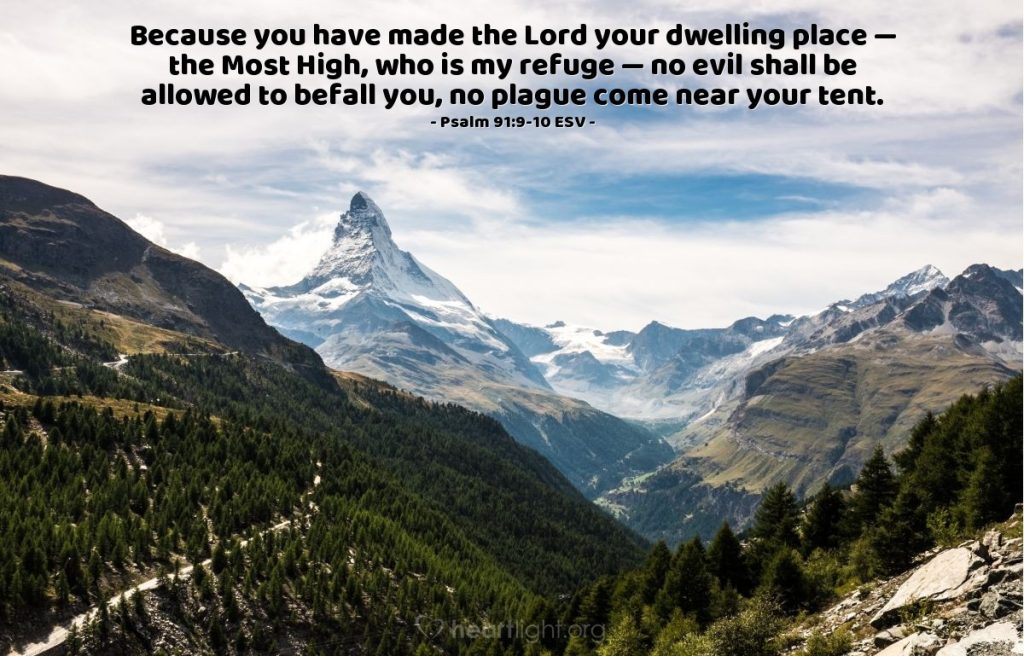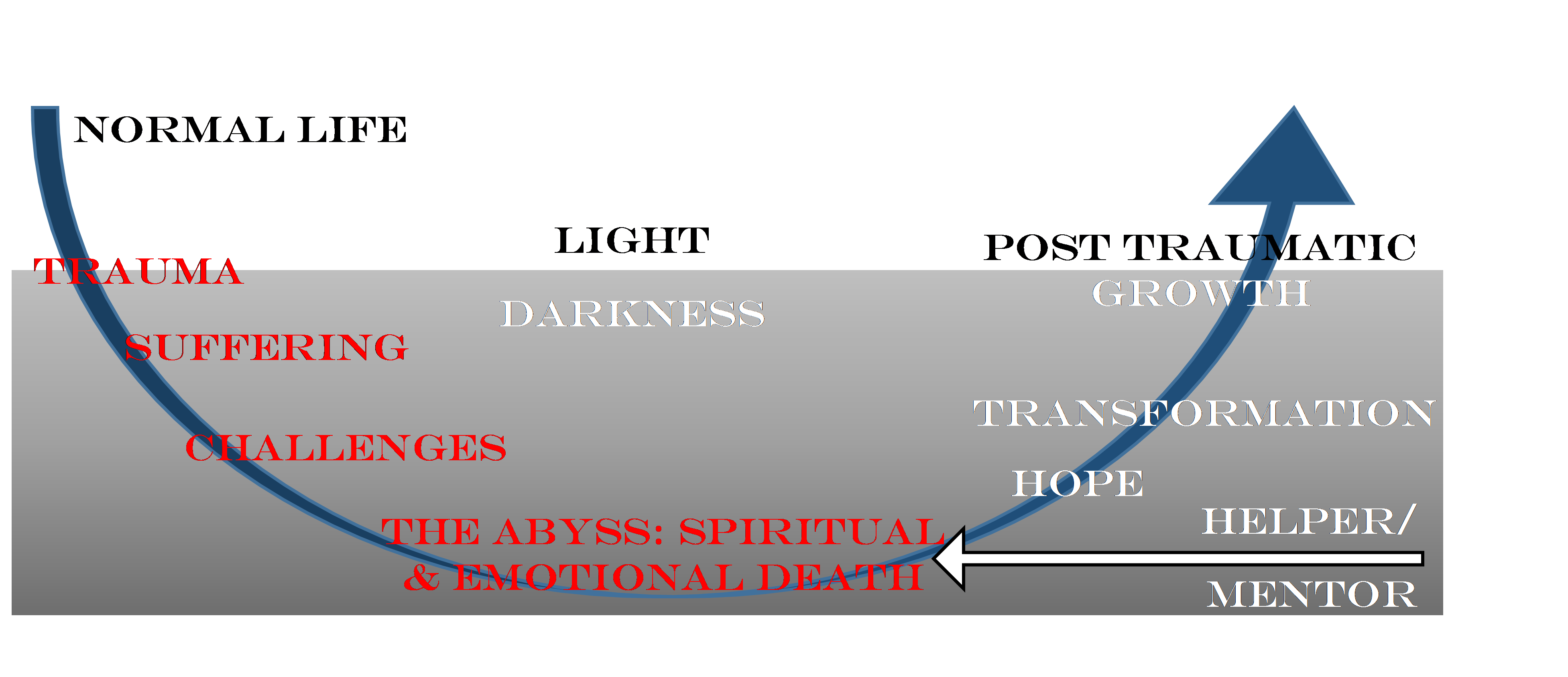
The LORD has appeared of old to me, saying: “Yes, I have loved you with an everlasting love; Therefore with lovingkindness I have drawn you.” – Jeremiah 31:3
“Therefore be imitators of God, as beloved children. And walk in love, as Christ loved us and gave himself up for us.” – Ephesians 5:1
““You see, at just the right time, when we were still powerless, Christ died for the ungodly. Very rarely will anyone die for a righteous person, though for a good person someone might possibly dare to die. But God demonstrates his own love for us in this: While we were still sinners, Christ died for us.” – Romans 5:6-8
“I have been crucified with Christ, and I no longer live, but Christ lives in me. The life I live in the body, I live by faith in the Son of God, who loved me and gave Himself up for me.” – Galatians 2:20
Do you have any idea how loved you are?
I’m pretty sure most of us do not. In fact, even those out there still young, successful in their careers, with great looks and all kinds of smarts, and wildly self-confident…even those surely have dark moments of uncertainty.
Just last night, I had one of those hard hits inside my mind that worked its way through my body, leaving me in a pile of emotions. My poor husband. He and God hear those struggles. When a series of events, like a string of falling dominoes, push all the insecurity buttons…and I come of the end of myself. Dr. Curt Thompson and Dan Allender (from last week’s amazing conference) both talked about naming the emotions as part of what heals them…and what brings us back to our senses, so to speak.
In that dark moment last night, I named the terror inside of me: “I can’t seem to do anything well”. There. I probably said it out loud in a more piteous way, but that felt the most real at the moment. In fact, that is part of my salvation testimony – wanting to be good for my sweet mama who had such a weight of responsibility working and raising four kids…and I could never be successful at that “being good”.
Enter a loving Father, a surrendered Savior, and a perfect Comforter.

It doesn’t matter to Him what my performance is nor my appearance while performing. I am loved. Period. Full-stop. He loves me (us) – the undeserved. He is love. He chooses to love – each of us in the holy perfection of divine love. God calls me back to that glorious fact various times through each day.

Last week, at that aforementioned conference, the worship team led us in a song I’d never heard. It was absolutely perfect for that audience and for the theme “Imagination to Incarnation”. The song is “Belovedness” by singer/songwriter Sarah Kroger. It was a worship moment when God wrapped His arms around each of us…as if He was speaking right into our hearts. Have a listen.
No matter the situation, don’t isolate yourself in the darkness. Talk to someone who loves you. Talk to the One who loves you most. Let Him lift the darkness so you can see the truth of His beautiful love for you, Dear One.
Worship with me…and never ever forget how beloved you are. The Lord never does anything half-way.
You’ve owned your fear and all your self-loathing
You’ve owned the voices inside of your head
You’ve owned the shame and reproach of your failure
It’s time to own your belovedness
You’ve owned your past and how it’s defined you
You’ve owned everything everybody else says
It’s time to hear what your Father has spoken
It’s time to own your belovedness
He says you’re Mine, I smiled when I made you
I find you beautiful in every way
My love for you is fierce and unending
I’ll come to find you, whatever it takes
My beloved
You’ve owned the mess you see in the mirror
You’ve owned the lies that you’re just not enough
You’ve been so blinded by all you’re comparing
It’s time to own your belovedness
He says you’re Mine, I smiled when I made you
I find you beautiful in every way
My love for you is fierce and unending
I’ll come to find you, whatever it takes
My beloved
You are completely loved and fully known
Beloved, believe He died to make your heart His home
And He says you’re Mine, I smiled when I made you
I find you beautiful in every way
My love for you is fierce and unending
I’ll come to find you, whatever it takes
He says you’re mine, I smiled when I made you
I find you beautiful in every way
My love for you is fierce and unending
I’ll come to find you, whatever it takes
My beloved
It’s time to own your belovedness*
*Lyrics to Belovedness – Songwriters: Michael Farren, Tony Wood, Sarah Kroger & Ben Shive
YouTube Video – Light: Behind the Songs – Belovedness with Sarah Kroger
Sarah Kroger – “Belovedness” Behind the Song – Lead Worship Well
Three Reasons We Can Trust that God Loves Us with “an Everlasting Love” – Clarence L. Hughes, Jr.











